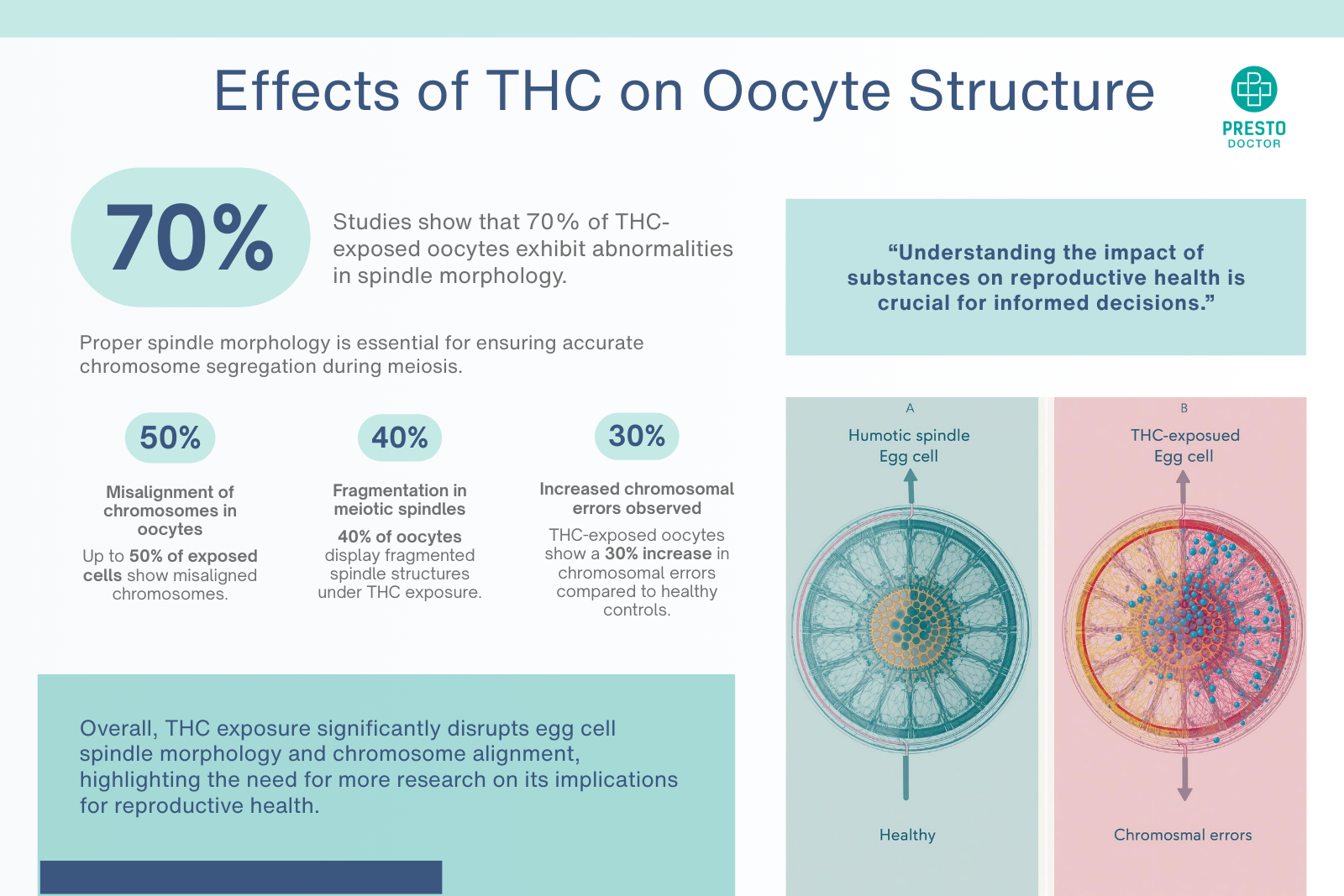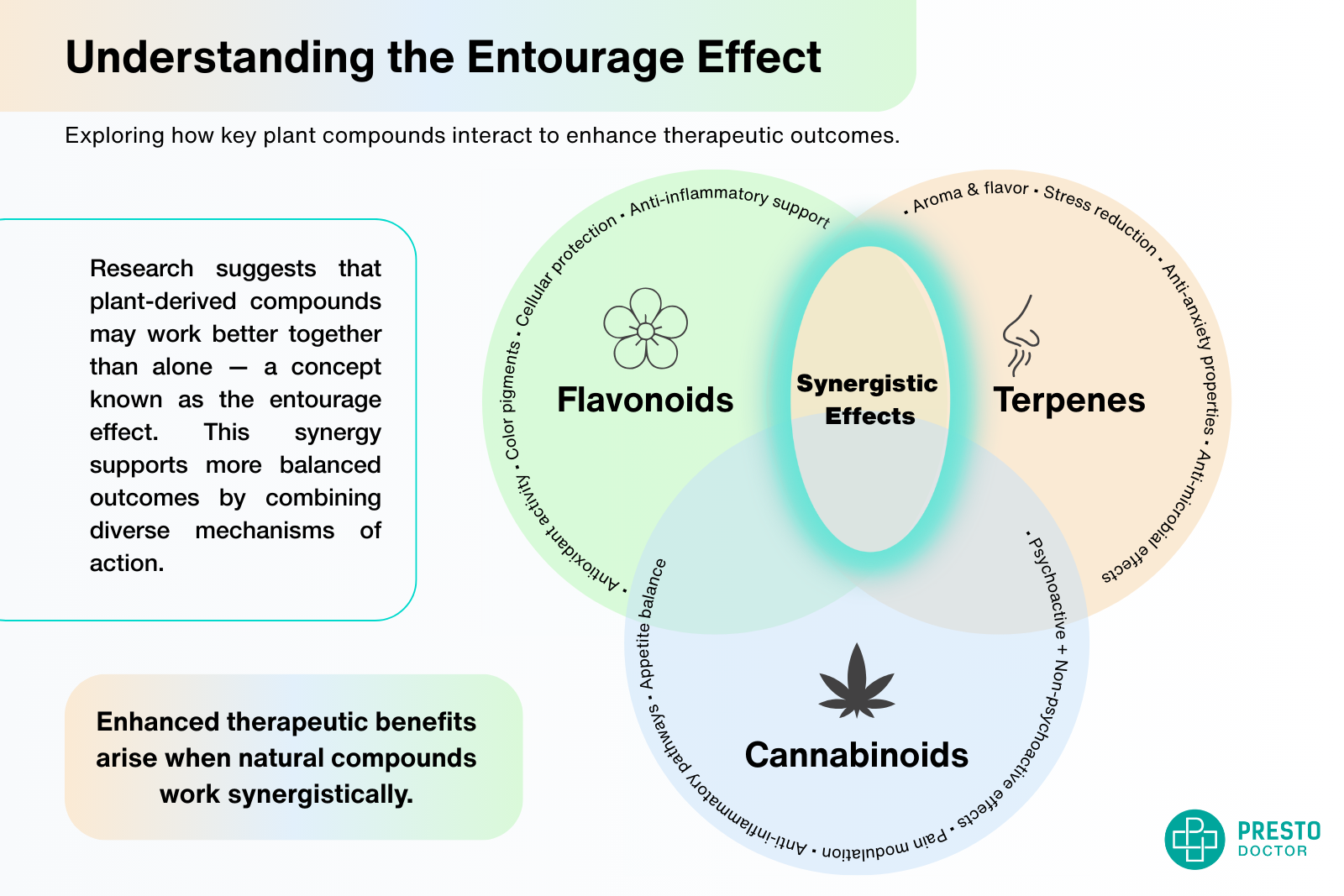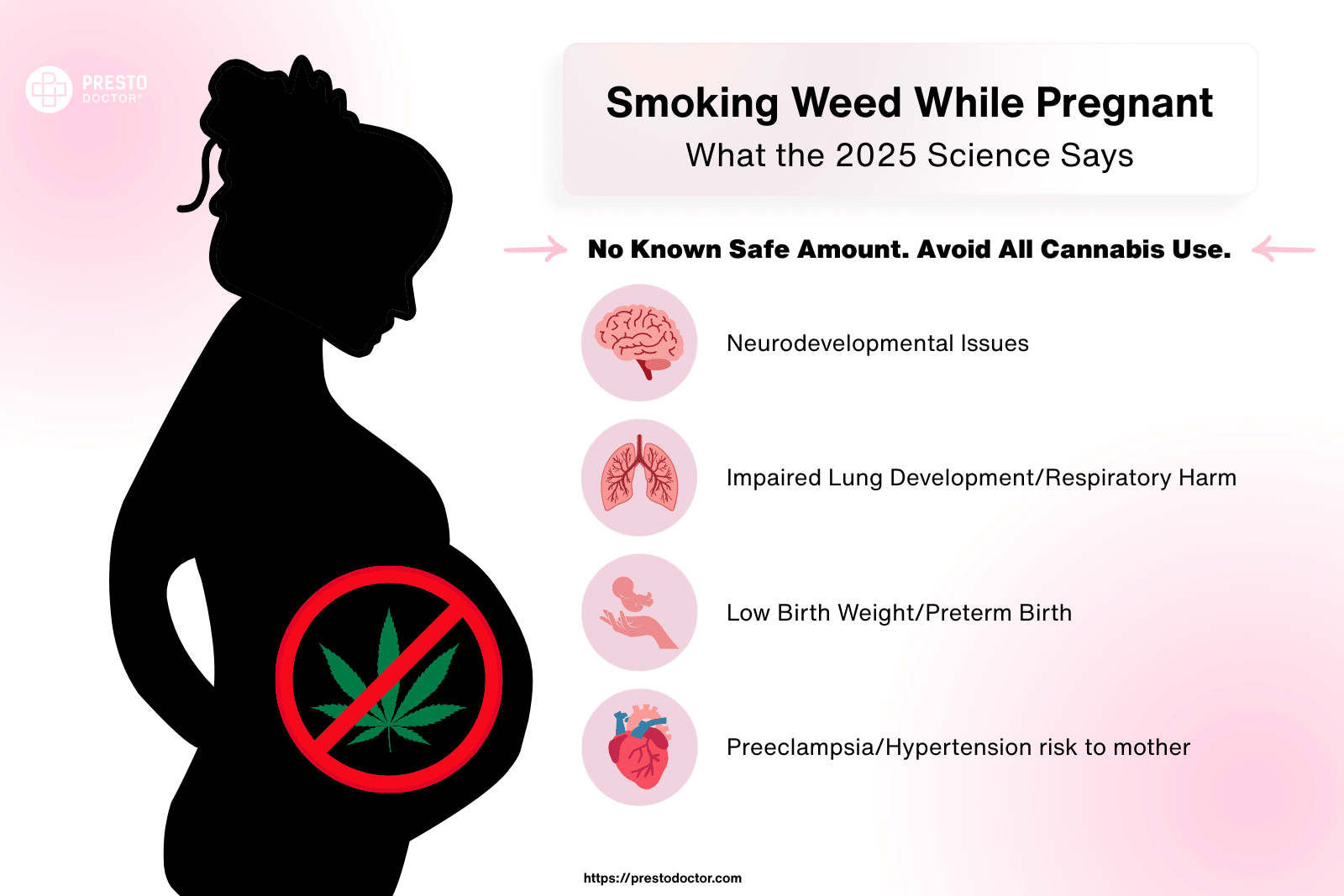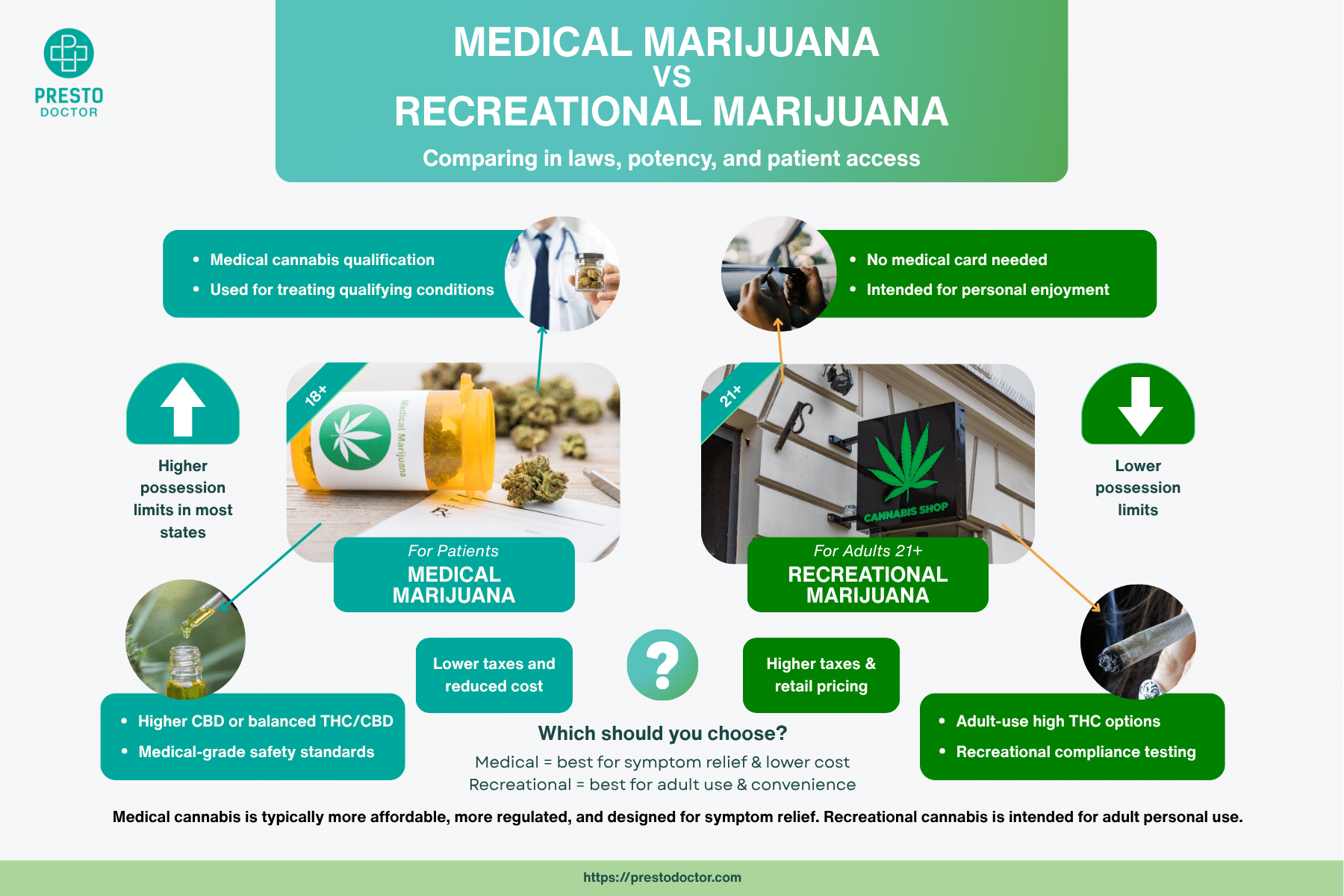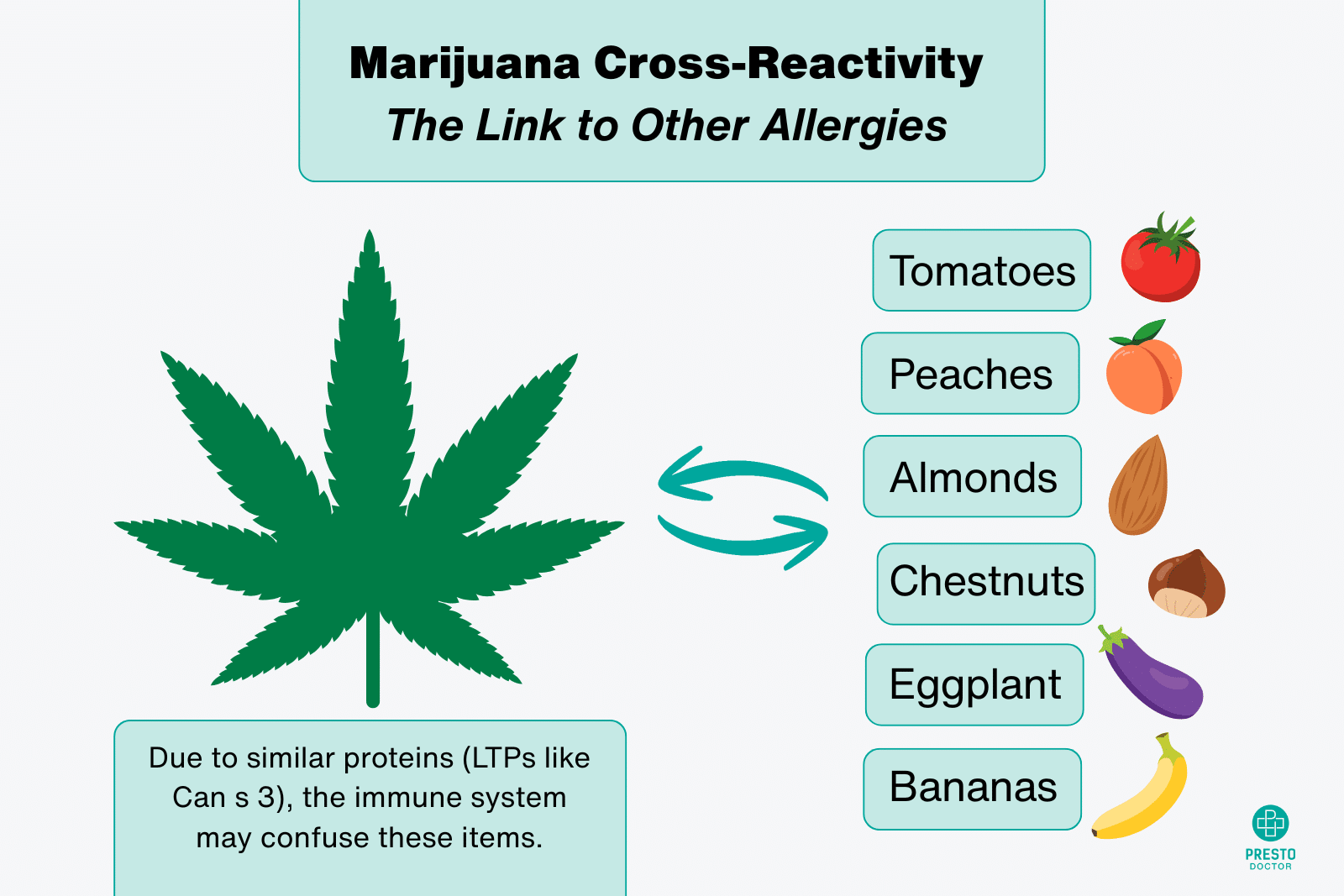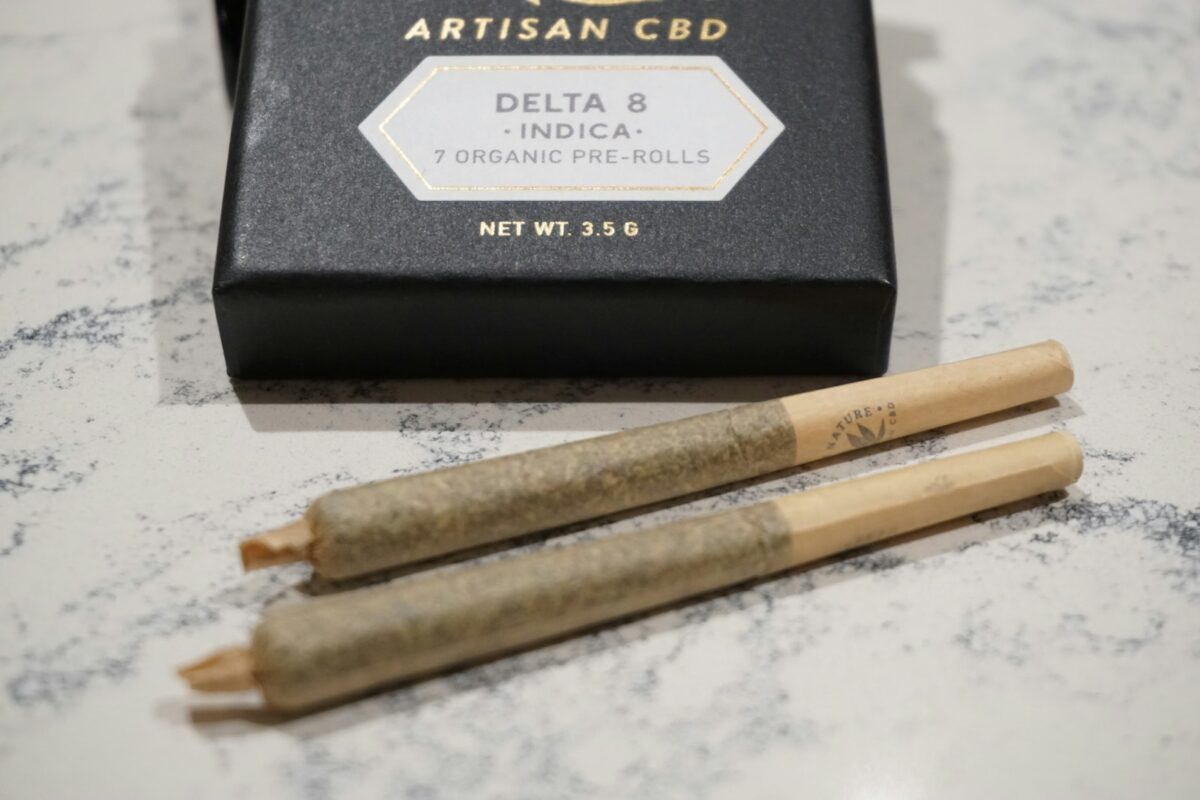
As cannabis continues to rise in popularity, the conversation often revolves around two key compounds: Delta 8 and Delta 9 THC. Both cannabinoids are derived from the cannabis plant and share similar chemical structures, but their effects on the body and mind can be quite different. Delta 9 THC is the well-known compound responsible for the “high” associated with marijuana, while Delta 8 THC offers a milder, more functional experience. In this article, we’ll dive deep into the differences between these two cannabinoids, helping you understand their effects, legal status, and more.
Overview of Delta 8 and Delta 9
Both Delta 8 and Delta 9 THC are forms of tetrahydrocannabinol, but their effects can differ significantly. Here’s a quick comparison:
- Delta 8 THC: Often sourced from hemp, it’s gaining popularity for its mild psychoactive effects and is sometimes described as offering a smoother, more clear-headed high.
- Delta 9 THC: Found in marijuana, it’s well-known for its strong psychoactive effects, but it can also induce anxiety or paranoia in some users.
Chemical Structure: Why Delta 8 and Delta 9 Act Differently
Though both Delta 8 and Delta 9 THC have the same chemical formula (C21H30O2), a slight difference in their molecular structure creates a world of difference in their effects.
- Delta 8 THC: The double bond is located on the eighth carbon atom, giving it slightly weaker psychoactive properties.
- Delta 9 THC: The double bond is found on the ninth carbon atom, leading to a more potent high.
This small structural variance explains why Delta 9 is more intense, while Delta 8 tends to be smoother and less anxiety-inducing.
Psychoactive Effects: Delta 8 vs Delta 9
Delta 8 Effects
Delta 8 THC has garnered a reputation for offering a more subdued psychoactive experience. Users often describe the effects as uplifting and calming, while allowing them to relax without feeling overwhelmed.
- Common Delta 8 Effects:
- Mild euphoria
- Increased focus and clarity
- Gentle relaxation, great for social settings
For individuals seeking a high that’s both functional and less disorienting, Delta 8 is becoming a go-to option.
Delta 9 Effects
Delta 9 THC, on the other hand, can have intense psychoactive properties. Users often experience an overwhelming high that can be exciting but also unpredictable, depending on individual tolerance levels.
- Common Delta 9 Effects:
- Strong euphoria
- Heightened sensory perception
- Potential for anxiety or paranoia in high doses
Many beginners approach Delta 9 cautiously, as its potency can be too much for those unaccustomed to THC’s effects.
Medical Benefits
Delta 8 Therapeutic Uses
While Delta 8 is often desirable for recreational use, it also shows promise for its therapeutic properties. Many users find relief from certain health conditions without the intense high of Delta 9.
- Potential Benefits of Delta 8:
- Reducing anxiety and depression
- Alleviating nausea, especially during chemotherapy
- Increasing appetite for those undergoing treatments
Delta 8 is increasingly viewed as a holistic alternative, particularly for individuals who want the benefits of THC without the heavy psychoactive effects.
Delta 9 Medicinal Advantages
For powerful therapeutic benefits, Delta 9 THC is widely recognized in the medical community. It has been used to treat a range of conditions, from chronic pain to sleep disorders.
- Medicinal Advantages of Delta 9:
- Strong pain relief
- Reducing muscle spasms and inflammation
- Assisting with insomnia and other sleep-related issues
Many patients credit Delta 9 THC for significantly improving their quality of life, especially those dealing with chronic ailments.
Side Effects: How Do Delta 8 and Delta 9 Compare?
Potential Risks of Delta 8
While Delta 8 is generally regarded as safer due to its milder effects, it’s not without its side effects. Most are relatively minor and often resolve quickly.
- Common Side Effects of Delta 8:
- Dry mouth
- Red eyes
- Mild anxiety in higher doses
To minimize side effects, it’s best to start with a low dosage and gradually increase as your body adjusts.
Adverse Effects of Delta 9
Delta 9 THC’s higher potency means it carries more potential for adverse effects, particularly in higher doses.
- Notable Delta 9 Side Effects:
- Increased heart rate
- Anxiety or paranoia
- Short-term memory issues
Many users find that starting small and paying attention to tolerance helps mitigate some of these adverse reactions.
Legal Status
Delta 8 Legal Status
Delta 8 THC occupies a legal gray area in many places. The 2018 Farm Bill legalized hemp-derived cannabinoids like Delta 8, but individual states have the power to regulate or ban it.
- Key Points on Delta 8 Legality:
- Legal in many states if derived from hemp.
- Banned or restricted in some states, so always check local laws.
For instance, Texas legalized Delta 8 THC, but changes in local regulations can happen quickly, so it’s important to stay informed.
Delta 9 Legal Status
Delta 9 THC, primarily derived from marijuana, faces more stringent legal restrictions. Its legality hinges on both federal and state laws.
- Key Points on Delta 9 Legality:
- Fully legal in some states for medical and recreational use.
- Still classified as a Schedule I substance federally, making it illegal in many places.
Navigating the legal landscape for both Delta 8 and Delta 9 can be tricky, so it’s important to stay updated on the latest state and federal regulations.
Consumption Methods
Popular Ways to Consume Delta 8
- Vaping: Fast-acting and easy to dose.
- Edibles: Gummies and chocolates offer a discreet, delicious option.
- Tinctures: Place under the tongue for quick absorption.
A friend of mine loves Delta 8 gummies for winding down after a long day—they’re tasty and provide just the right level of relaxation.
Common Methods of Using Delta 9
- Smoking: Classic method with immediate effects.
- Vaporization: Healthier alternative to smoking, with less lung irritation.
- Edibles: Longer-lasting effects but require careful dosing.
- Tinctures: Great for controlled, fast-acting dosing.
Whether you prefer a traditional joint or an infused edible, both Delta 8 and Delta 9 offer plenty of ways to tailor your experience to your preferences.
Conclusion: Delta 8 vs Delta 9—Which One is Right for You?
In the debate between Delta 8 and Delta 9 THC, there’s no one-size-fits-all answer. It all depends on what you’re looking for. If you want a milder, more functional high with reduced side effects, Delta 8 could be your best bet. But if you’re seeking a stronger, more euphoric experience, Delta 9 might be the right choice—just be mindful of its potency and potential for anxiety. Both cannabinoids have unique benefits, so it’s worth experimenting with each to find the one that suits you best.
FAQs
- Which is stronger, Delta 8 or Delta 9? Delta 9 is significantly stronger than Delta 8 in terms of psychoactive effects. Delta 8 provides a smoother, more manageable high.
- Can Delta 8 get me high? Yes, Delta 8 can get you high, but the effects are usually milder compared to Delta 9.
- Is Delta 8 legal? Delta 8 is legal in many states if derived from hemp, but it’s important to check local laws as some states have banned it.
- What are the side effects of Delta 9 THC? Common side effects of Delta 9 include anxiety, increased heart rate, and short-term memory impairment, especially in higher doses.
- What’s the best way to consume Delta 8? Popular methods include vaping, edibles, and tinctures, with each offering different onset times and durations.

